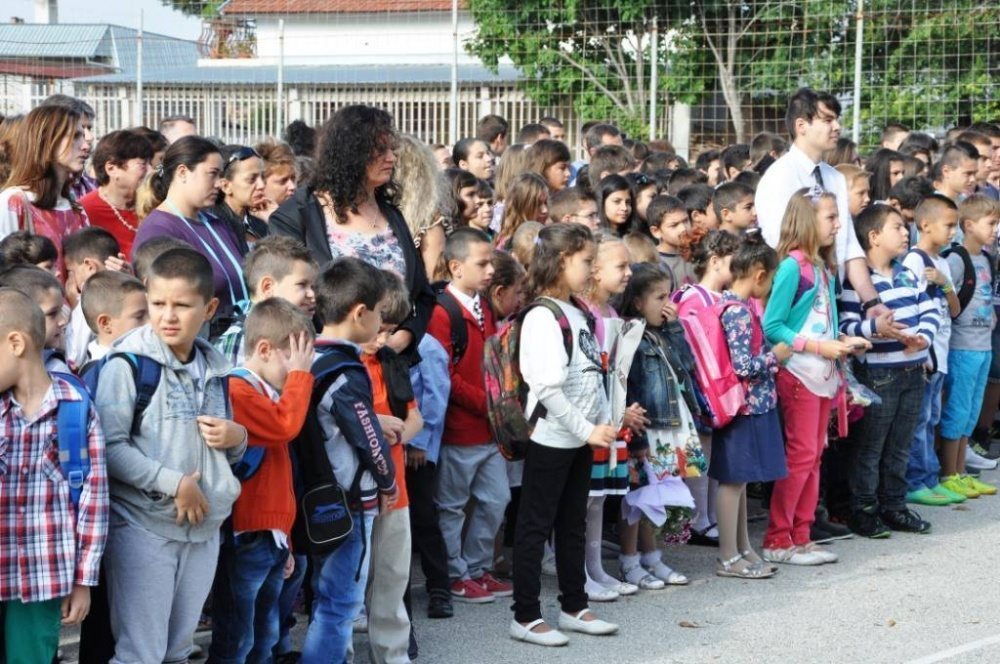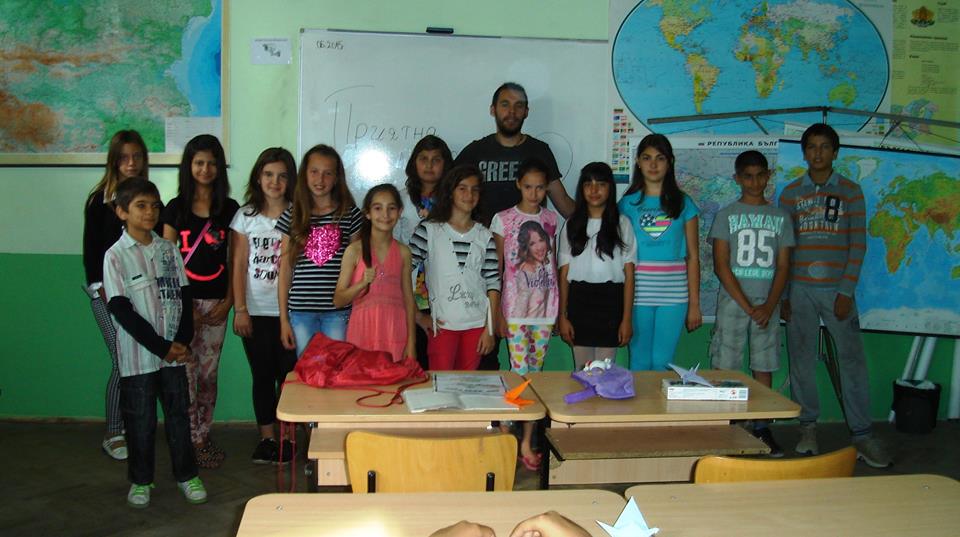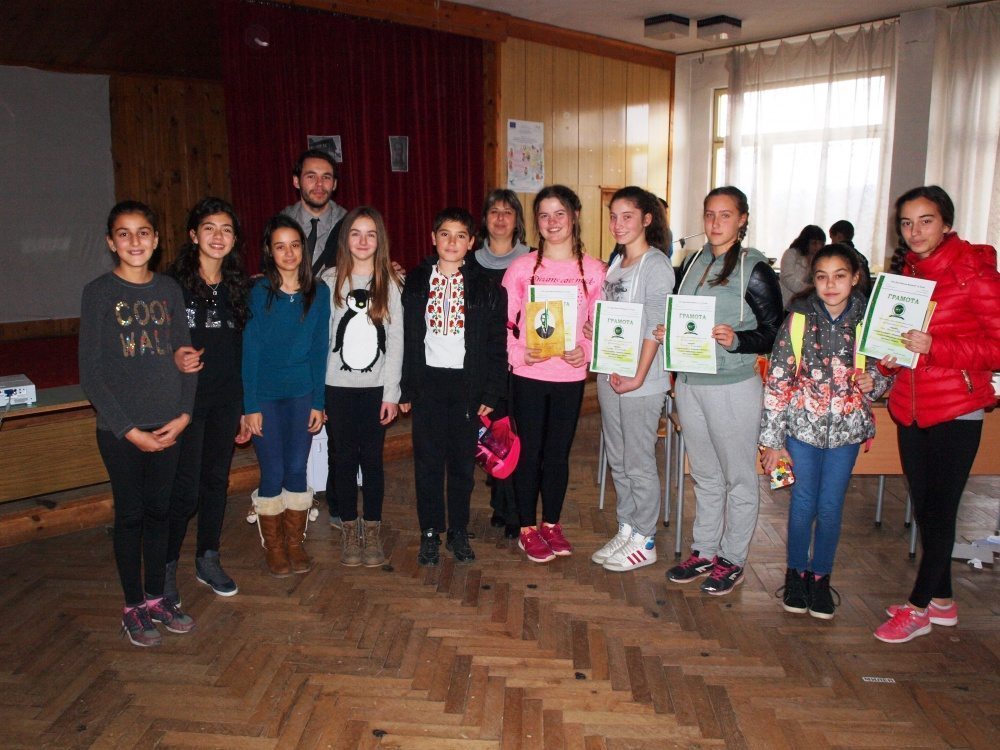When he began teaching four years ago, Dragomir Dachev had only a rudimentary grasp of Holocaust history. He had studied it on a basic level in secondary school and then again in university, and had also read about it on his own and watched several films that touched on related themes. But as a teacher of history, he longed for – and needed – a deeper understanding of the Holocaust and its ramifications.
So he saw a golden opportunity when his supervisor told him about the Memorial Library’s 2015 inaugural summer seminar in Bulgaria. On the one hand, participation represented a chance for individual growth because, he says, “I simply wanted to know more.” On the other, it offered him the professional tools and exposure to help him more effectively address the subject with his students. Meeting a survivor and hearing about her experiences, a highlight of the seminar for him, enabled him to add another powerful, personal dimension to his teaching as well.
Dragomir was first drawn to teaching because he always loved history and discovered that sharing his knowledge with students of different ages came naturally to him. Two years into his career, he had the chance to integrate a Holocaust and social justice unit into his curriculum, and the Library seminar helped him take that initiative to an entirely new level.
“I returned from the seminar, eager to pass the information I learned on to my students,” says Dragomir. “The high-magnitude program inspired me to work harder, to make my classes more engaging and interactive, more interesting, and more accurate.”
Dragomir currently teaches 5th-10th graders at the Bacho Kiro High School in the small, central Bulgarian town of Pavlikeni. Local fighters played a critical role in the 1878 revolution which seized Bulgaria’s independence from the Ottoman Empire, a historical connection that remains a prominent element of the region’s identity still today. Like the trend in other small communities, families are moving to larger towns and cities in search of a better quality of life and greater financial stability, a reality which has had broad socio-economic impact on the remaining population.
Given these changing realities, Dragomir believes it is critical for the young generation to be open-minded and expand its world view. “It is very important that my students learn to think for themselves, to have their own opinions, and not be afraid to raise their voices,” he notes, hoping to get that message across by focusing them on issues they can relate to first-hand and in a tangible way.
For example, tension between the Bulgarian majority and the Roma minority is a nationwide problem. Dragomir uses the lessons of the Holocaust as a way to dispel local prejudices and stereotypes among his students.
“I hope to instill in them the obligation to do everything within their power to ensure that one of the most tragic chapters of human history will not repeat itself.”

Sixth graders on a field trip to participate in a history competition in a neighboring town.

First day of school.

Students celebrate the accomplishments of the school year.

